
Closure Optional, Ep. 44 – Recognition Addiction
In this episode I continue my discussion of some made up and some actual psychological theories on Human Motivation and this time I’m talking about Recognition – why do we sometimes desperately crave recognition from others, and at other times are purely happy on our own? I discuss why loneliness is actually probably a biological imperative and why we don’t necessarily need to be addicted to validation if we can satiate our hunger for recognition in healthier ways.
Show Notes:
- The psychological theory I’m discussing is called Transactional Analysis, or TA.
- For further reading on TA, Games People Play by Eric Berne, is written by the guy who developed it.
- A further look into the nuance of “Ego States” in Transactional Analysis
- A further look into the nuance of “Strokes” in Transactional Analysis
- at 15 minutes, I mention a book about some current research on loneliness. The book is called Lost Connections by Johann Hari
- Some links about the effects of loneliness / recognition-hunger: https://www.psychologytoday.com/au/articles/200307/the-dangers-loneliness, https://www.psychologytoday.com/au/blog/prisons-and-prisms/201707/the-harm-solitary-confinement , https://stpauls.vxcommunity.com/Issue/us-experiment-on-infants-withholding-affection/13213
- Why we show the whites of our eyes: https://pursuit.unimelb.edu.au/articles/why-we-show-the-whites-of-our-eyes
Please subscribe to Closure Optional here: itunes, Stitcher, Android, Email, or wherever you like to hear your podcasts and help this thing grow. If you’re on an Android device, I’ve found that Podcast Addict works the best. Thank you for listening, as always.
This podcast is made possible by Burleigh Heads and Broadbeach Physiotherapy, Heart Start Fitness Muay Thai and YOU, the listener, at patreon.com/lorna bremner.
Closure optional Theme is created by Kurt Chatfield.
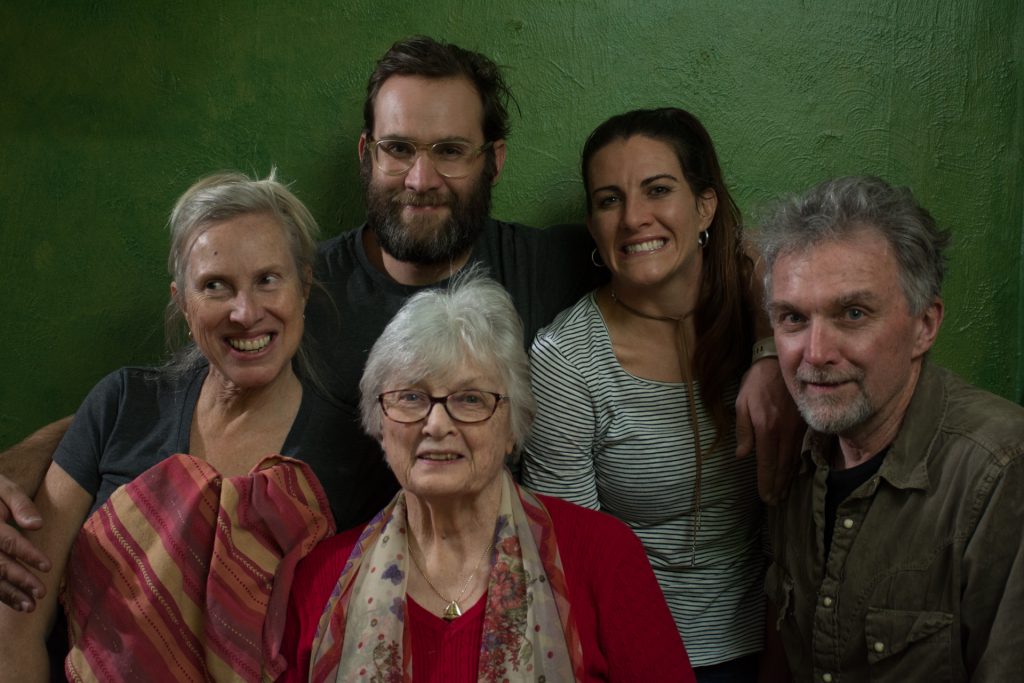
Family and Grandma 

Team Urban Christmas Party 
Zoe and Blair 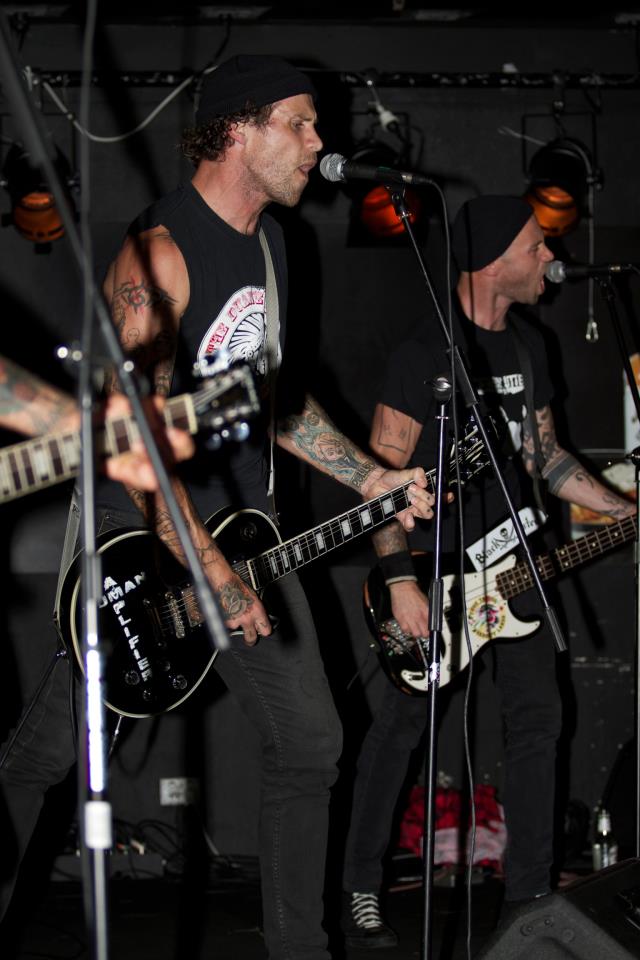
Image Credit – Ben Vercauteren 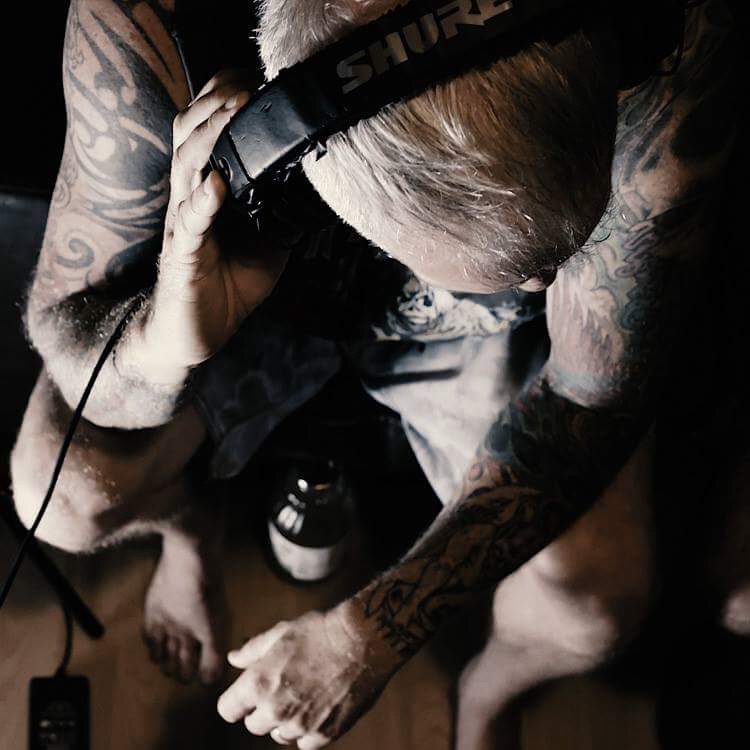
Lucas Recording 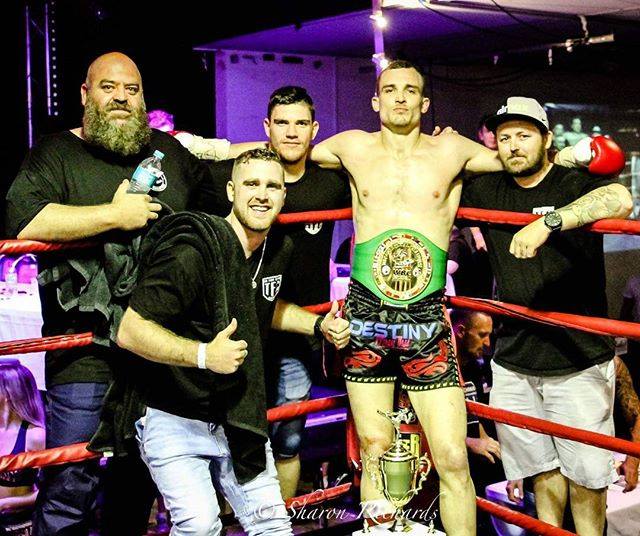
WBC Title Defence 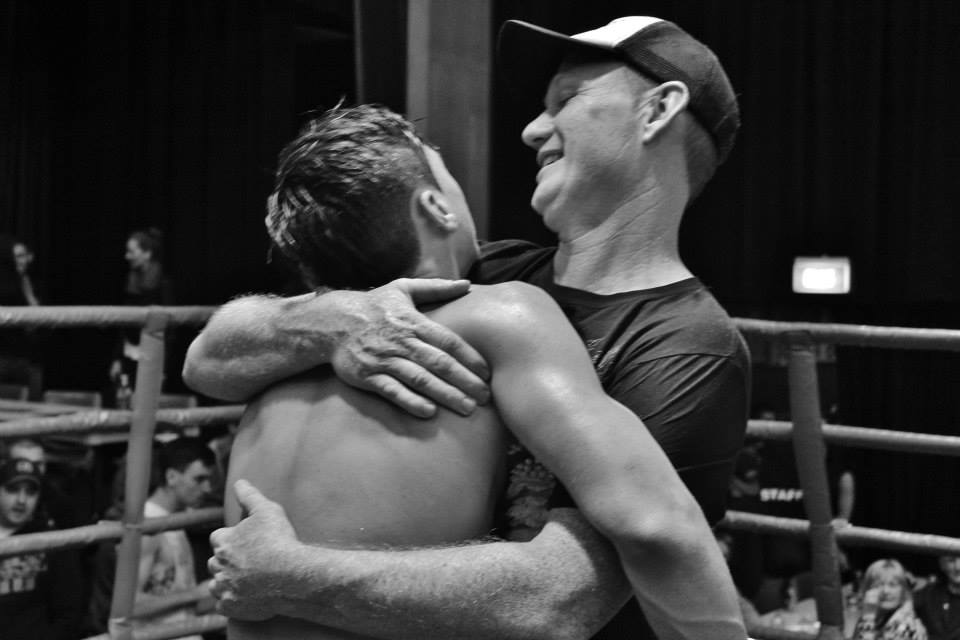
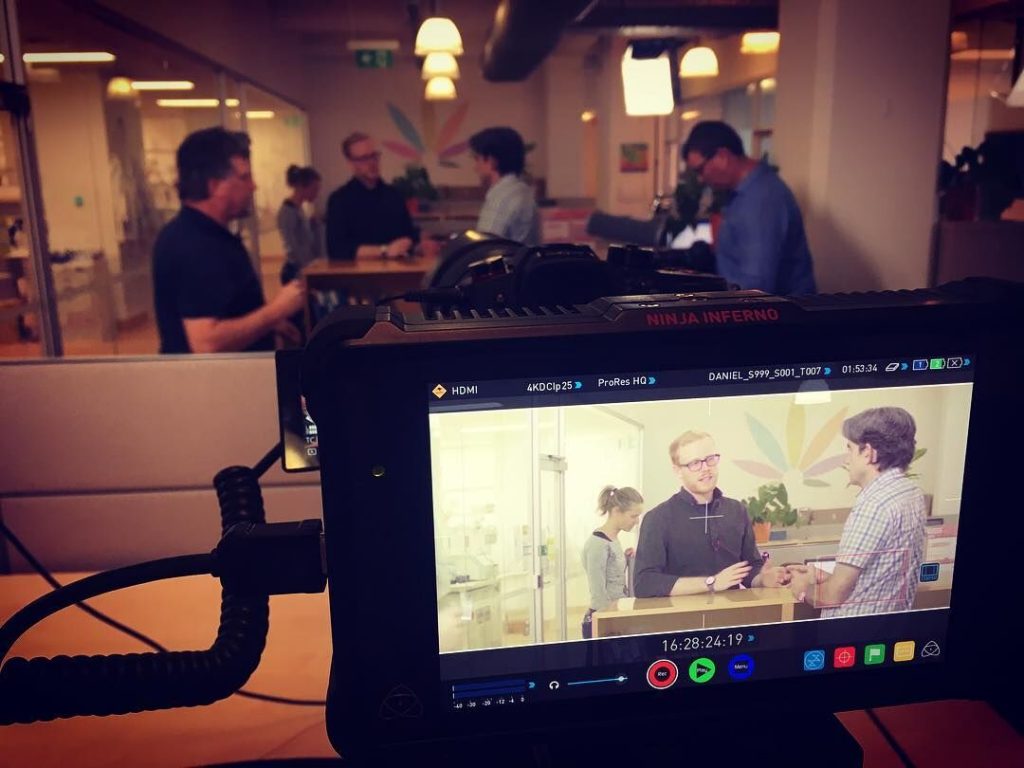
Rhys Cohen 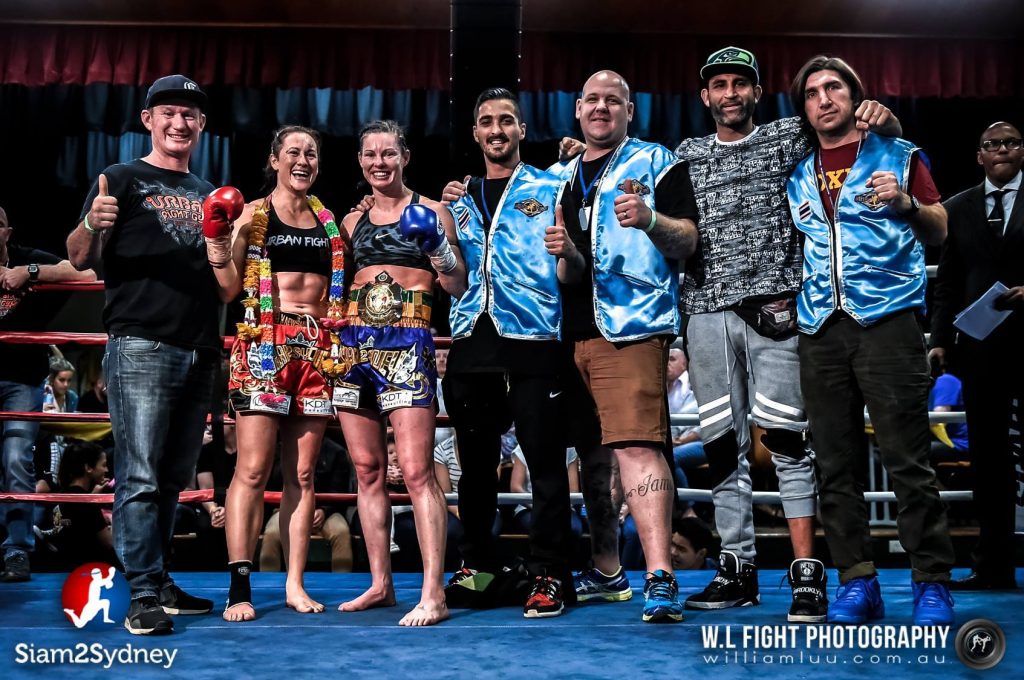
Photo Credit – William Luu
Show Transcript (roughly):
TA Take 2:
Welcome back to Closure Optional
This podcast is a continuation of Transactional Analysis part one, episode number 42. If you haven’t heard that one yet, please go back and listen to that first then come back to this one.
Before we get to the episode, quick update on this month’s challenge, Freshuary:
Rules are, locally sourced food, no corporations, no grocery stores, local produce / meat
Spending roughly $50 – 60 on fruit and veg
Paddock to Porch – $30 local delivery 3 x per week, non customisable
Home Fresh Organics – $60 local delivery 1 x per week, customisable and all groceries you would get from flannerys available. Bit more expensive but it’s also a bit bigger box with more stuff.
Farmers markets for extras
Spending roughly 60 per week on eggs, dairy and meat
Local butcher – making relationships
So I’m spending about $120 on food each week, for one person, mostly organic and if not, then local and straight from the farm.
Onto the subject of today’s podcast – Continuing on with Human Motivation as viewed from the psychological lens of “Transactional Analysis, or TA”. Again, if you haven’t heard episode 42, it’s best you go back to that one before this one so you know what I’m talking about.
I’ll recap a little here from where we left off:
TA focuses on analysing human social interactions by identifying certain “ego states” or “predictable patterns of being” within our personalities, in order to better understand and adjust our behaviour.
If you ever find yourself doing something fucking stupid when you’re hanging out with someone you think is hot, like rambling incessantly about nothing, or going bright red and laughing super loud for no reason, then you walk away and go, fuck what an idiot! I’m never doing that again. Then two weeks later, you hang out with a different person who makes you feel the same way and you do the exact same thing…. Then transactional analysis is for you. It’s for everyone, we’re all idiots.
That weird pattern of behaviours and feelings that you almost automatically fall into when you’re chatting with someone you’d like to sex with, is what’s called an Ego State.
An ego state is our way of being in the world, it dictates our feelings, emotions, behaviours at any given moment.
TA outlines 3 types that are within all our our personalities and depending on the situation, we switch between all three. They are: the Child the Parent and the Adult.
Every one of us has all three, and each state is consistent within each person. Meaning, that my Child ego state will always react to a given situation a particular way, and so will yours.
Though, your reaction will differ from mine, because we had different experiences as children, and that’s how we created this ego state. Our parents are the models for our own Parent Ego State, and the Adult ego state is the Objective, present moment, rational, logical state that deals with each situation individually.
The goal of TA is to act from this Ego State as much as possible. However, I won’t be talking about Ego states today, I’m continuing on the discussion of Human Motivation, through the concept of Strokes.
TA suggests that all our social interactions are motivated by one key thing – Recognition – and this comes in the form of what they call “Strokes.
A stroke, like petting a cat, is the base unit of recognition. In the same way an atom is the base unit of matter. Or a cent is the base unit in a dollar. A simple nod given to your neighbour as you pass him on the street, is a “Stroke”. If he nods or smiles back, you have been given one Stroke back.
This simple nod to your neighbour and nod back is what they call a Transaction.
By nodding at my neighbour and getting a smile back, I’ve just exchanged a little bit of recognition that he exists, and have, in turn, received validation of my own existence.
Strokes can be positive or negative – a pat on the back is a positive stroke, and someone spitting in your face is a negative stroke.
Interestingly, since the point of the stroke, and all human interaction, is RECOGNITION, even if someone does spit in your face, your psyche will actually respond better to that, than if someone ignores you completely. Evolutionarily, being unrecognisable means you’re an unknown, an outsider, which basically means imminent death.
The only reason we’ve made it this far, is because of our ability to recognise and cooperate with each other; if you were on your own, in Africa tomorrow, could you kill a tiger with your body? I could, on a really good day, put someone to sleep with my shin, but I couldn’t kill a fucking tiger. And neither could most of our ancestors. We had to do it in groups.
This is interesting, do you know why our eyeballs are the way they are? With a coloured bit floating around in all the white? It’s so that we can follow someone’s gaze without speaking or moving. It’s so we can silently communicate about danger. Or because we’re assholes we can also trick a stranger into believing that there’s danger behind them and then hit them in the head when they turn around or whatever.
The reason they’ve called this “unit of recognition” a “Stroke” is that human babies respond positively to touching, stroking, being held, and have issues when they’re not. If a baby doesn’t get attention, they find a way to get it by crying, or reaching, grabbing – which is very similar behaviour to what “a hungry baby” does.
So, If you imagine that being hungry is like a survival alarm bell that tells your body that it will die without food, Loneliness is the psychological alarm bell that tells us we’ll die if we don’t get some social recognition. In TA, they call this Recognition-Hunger, and when it goes on for too long, it can develop into pathological anti-social behaviour and mental illness.
There has been a lot of research done about the impacts of loneliness on people, and in Johann Hari’s book Lost Connections, he has compiled a lot of that research and summed it up in a very clear sentence: “being disconnected from the people around you has the same effect on your health as being obese”.
So our entire sense of identity and well being is based on our perception of ourselves in the social order. Which we feel in relation to the hostile or comforting nature of the “Strokes” we receive. If we’re Recognition-Hungry for too long, we get sick.
Now there is a very big difference between being lonely and being alone, and that is the point of today’s podcast. Why are some people better at being alone than others? My theory is, that as TA suggests all human behaviour is motivated by recognition – but Recognition comes in two distinctly different forms which are polar opposites, and in order to alleviate loneliness, you need to maintain a healthy balance of both.
One is seeking recognition that you exist from others. Giving and Receiving a Stroke from others.
The other is recognising your own existence yourself. Giving and receiving a stroke from consciousness itself.
Meeting someone’s gaze and smiling at eachother
Watching a sunset alone and experiencing an overwhelming sense of beauty.
But, these two things are mutually exclusive; meaning we we kill the magic inside each of those moments by trying to make one become the other one. Loneliness, addiction and existential hopelessness, in my opinion, are direct products of this mistake.
For example, you meet someone’s gaze and they smile at you but you are lost in your own world, and you blankly stare right through them until they pass. They think you’re an asshole and you don’t know they exist. There is no connection, no strokes exchanged, just a lingering sense of discomfort on both sides.
And for the second one, you’re enjoying a beautiful flood of love and belonging while watching the sun go down, but you want to share it with someone, so you immediately pull out your phone, take a picture and write some bullshit caption about the majesty of life – which is a pale and empty version of the impossibly lovely feeling inside your chest, and you are now left “hungry” for the little red alerts on your phone to tell you that you’ve been seen and validated.
We all know the feeling – we want to capture and share moments that felt significant to us, but every time we rehash the story it is only an imitation of the original thing. Cocaine is a good visceral example:
The rush of that glorious first line of coke sucked up a dirty 20 dollar note off the back of a toilet feels incredible – but, no matter how many times you go back in there, and you’ll go back every 15 minutes for the next 6 hours, it never feels the way it felt the first time. And with every new line the comedown happens faster and the lines get thicker and suddenly it’s 5am, the bag’s are all gone, your “guy” stopped answering your frantic phone calls.
It isn’t the Coke itself, is the promise of a feeling outside yourself that you can escape into pure sensation for a glorious 15 minutes, but the trade-off is total disconnection from yourself and the people around you.
I know we feel like we’re making real connections, opening up our hearts and saying what we mean when we’re blasted off our heads at 3 am – but we are so distracted by the need for more, that our ability to truly focus and take in what’s happening around us is not there. That’s why we often feel so much shame afterwards, we do and say things that we didn’t mean and can’t back up.
Addiction comes in all forms – and it’s silly for us to blame the substance without really considering what it actually does for us. The cocaine isn’t the problem: we are LONELY and in pain, most of the time, and when we find a way to satisfy that loneliness, we can very easily get caught up in a cycle of numbing it, rather than curing it.
I’d argue that we’re all addicted to Recognition in one form or another because we don’t know that it’s possible to seek it in healthy ways.
The weird thing about current western culture, fueled by Capitalism and Advertisements, is that this process of craving recognition and numbing loneliness feeds us the Poison and the Antidote all at once. We can see them both, and want them both, and it keeps us running in circles.
The poison is: Hey, buy this car, people will finally notice you and realise that you’re not a useless piece of shit, even if it means spending all your time working, away from your family, to afford it, it’s worth it.
The antidote is: Human innovation is continually creating more inspiring forms of beauty in nearly every facet of existence and it is right here at your fingertips. Not hold, or possess, but to experience first hand. You, too, are a human capable of incredible potentiality.
The awe we feel when we see a beautifully designed car is real. We recognise beauty instinctually. It is a perfect reflection of human ingenuity, which makes us feel beautiful ourselves. We should say, FUCK WE did that! The problem is, that everyone goes, instead, I NEED THAT. We see beauty and we have an immediate desire to possess it rather than to experience it.
Famous Rock Stars are a great example of what I mean:
in order to become a rock star on TV you need to dedicate a LOT of time to your craft which means being alone with pure creativity, honing a skill, and taking risks. This is like spending quality time with your consciousness itself, and it will reward you with Strokes of inspiration. These strokes are just as satisfying as a human stroke, in fact probably even more satisfying, because you know it’s pure, there’s no ulterior motive. Consciousness isn’t trying to get you to sign a deal with Pepsi so it can buy a house in the Bahamas.
Because, music is also a giant commercial industry and so we reward this incredibly powerful creativity with status and money and adoration and power, which are very addictive. They’re the high-fructose corn syrup of Strokes – people who don’t even know a fucking thing about you, love you. Everyone wants a piece of you and this candy coated materialism inevitably smothers the inspiration; there’s no time for quiet creativity inside the circus, other people are making creative decisions for you, the listeners are tainted with expectations of who you should be, and usually the music turns into shit and / or the spectacle kills the artist who created it.
Now it’s not all so bad, there is a rare exception to this rule, and it is the best feeling in the entire world. When we successfully connect to ourselves so completely that our “Selves” dissolve and we slip into pure experience AND at the very same time, we connect to someone else who is in that very same state, that, my friends, is what I believe we call LOVE.
We all know that feeling – whether it was with your family, or your dog, or your band, or your team mates, or the guy you play video games with in Germany – it’s not the carnal love that just wants to fuck and possess someone, it’s the deep sense of belonging and pure happiness at not having to BE a something, just BEING.
I recently watched that movie, Bohemian Rhapsody about Queen and Freddie Mercury, and I suddenly felt overcome by the need to “Be a somebody” – I was possessed by the idea that I also needed to do something so powerful that people couldn’t help but recognise the magic in what I was doing. In that same moment, I almost immediately felt a deep sense of hopelessness that I could never do that. And here, I saw in myself bouncing between both parts of this very deep, core need for recognition:
On one hand, I desperately want to feel that burning passion inside myself for something I’m creating – connecting to something greater than me, the self, pushing myself beyond my limits. Maybe I should fight again, make a painting…
Then on the other hand, I know that when I have dissapeared to do only that – making artwork for 6 months at one point – I was desperately lonely at the end. I wasn’t able to tell if I was making “magic” or just participating in a kind of self indulgent masterbation, without the feedback of others. In order to know if what I’m doing has any merit outside of myself, I have to put it out for feedback and see what happens. I need inputs, laughter, silliness, criticism.
So as I sat there watching the pretend Freddie Mercury firing up a crowd of computer generated fans, desperate to be a something but having no confidence or idea of how to do that, I realised why it hurt so much; that moment, for Queen and for everyone watching, was TRUE LOVE. It was the rare synergy of both the External and Internal Recognition of existence – but, in that particular case, it was magnified by a million people all feeling the same thing, which is enough to make your heart explode.
It unleashed in me the deep craving for THAT level of Authentic Recognition – to TRULY connect to my own experience while simultaneously having that mirrored back to me by someone or someone’s who have also lost themselves inside it. It’s the ultimate gratification of our evolutionary, core desire to be RECOGNISED.
So how the fuck do we get that then? How to we get there? How do we stave off the lingering loneliness and jealousy of watching other people succeed in love or life or hollywood movies, and get out of our bullshit stories in our heads?
Both of these two aspects of recognition are integral to being a satisfied and contributing member of a human community, and I think that the key is to master walking the tightrope between both.
If we get too caught up in seeking “the zone” or “the flow state” on our own – we can become isolated and redundant – our skill level will only increase as far as our individual imaginations will allow it, nothing creative exists in a vacuum, it needs something to bounce off of.
But if we get too caught up in seeking validation from other people about what we’re trying to do, then our ideas are too easily manipulated, and they become heap imitations of their actual potential. Also, and very importantly, we become susceptible to the opinions of others, good and bad. I could buy into my own bullshit because everyone else thinks I’m special and start to believe that what I’m doing actually makes ME amazing, or the opposite, that what I’m doing is so shit compared to everyone else that I’m better off not existing at all.
So, I think if we go back to the idea of poor mental health being a product of Recognition-hunger in the same way that Malnutrition is a product of physical hunger, there are a bunch of different ways we can satisfy this thing before it becomes a sickness or kills us:
FIrstly: It’s good to realise that there is no shame in wanting recognition, it’s a normal human need.
Then: once we know that recognition comes from 2 different places – other people, and our own presence of self – we can work out the best way to satisfy that need.
So then we figure out what satisfies it, the healthiest way possible.
For recognition of our own existence through experience, really I’d say we just need to experiment with ways that make us feel more connected to the immediate present, without ANY external inputs from social media or other people. Surfing, hitting a heavy bag, drawing, meditating, making music, whatever.
I think that spending time working hard on something that is challenging and seeing the result of it is like having a lovely nutritious meal for your psyche, where as seeking validation from other people for bullshit is like eating a litre of ice cream.
Why post a snapchat filter selfie that looks nothing like you? know you don’t deserve the praise. It’s not you. It’s nothing to do with you. Your psyche knows that, and that’s why you’re addicted. You haven’t been nourished, so you’re still starving and once the red notifications disappear you’ll still feel like complete shit.
The only recognition we need is recognition that we exist – not recognition that our existence is special.
Getting Recognition from Others: Being completely present with other people when we’re around them, so that we notice and feel the social strokes that we are getting and receiving. That way, when we leave a social environment, we will feel much more fulfilled.
If you’re feeling a bit lonely, try to give out some strokes to people around you – help someone, smile at a stranger, and you’ll notice that you will get some strokes back. You’ll feel a little less hungry, and you can go back to trying to figure out how to be the magic
inside Freddie Mercury instead of wallowing in your own self pity.
Alright that’s enough out of me, thank you as always for listening and if you’ve got any questions on anything I said please do send me a message. I particularly want feedback on these solo podcasts because I would like to know if what I’m saying makes any sense to anyone outside of my own head. We’ll continue on with this subject another day.
If you like this podcast and would like to support it, please subscribe on iTunes or Spotify, share it with your friends, like the facebook and instagram pages, or you can become a patron at Patreon.com/lornabremner.
Thank you for listening!
Podcast: Play in new window | Download
Subscribe: Apple Podcasts | Google Podcasts | Spotify | Email | RSS | More